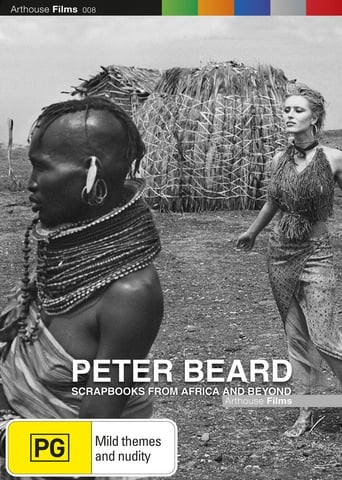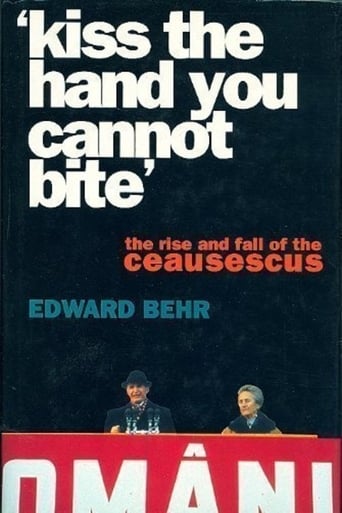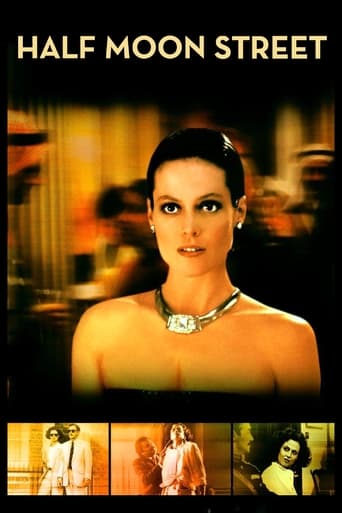
Edward Behr
Edward Samuel Behr (7 May 1926 in Paris – 27 May 2007 in Paris) was a foreign correspondent and war journalist best known for his many years of work for Newsweek. News reports of his death confused him with the food writer of the same name. His parents were of Russian-Jewish descent, and he had a bilingual education at the Lycée Janson-de-Sailly and St Paul's School, London. He enlisted in the British Indian Army on leaving school, serving in Intelligence in the North-West Frontier from 1944 to 1948 and rising to acting brigade major in the Royal Garhwal Rifles at the age of 22. He then took a degree in history at Magdalene College, Cambridge. Behr is survived by his wife, Christiane. His early career as a reporter was with Reuters in London and Paris. He then became press officer with Jean Monnet at the European Coal and Steel Community in Luxembourg from 1954 to 1956. Later he joined Time-Life as Paris correspondent, and in the late 1950s and early 1960s often covered the fighting in the Congo, the civil war in Lebanon as well as the Indo-Chinese border clashes of 1962. He wrote about the unrest in Ulster, the fighting in Angola and the Moroccan attack on Ifni, the Spanish enclave in West Africa. Behr was often in Algeria, and in 1958 published The Algerian Problem. The book had the virtue of being written by a French-speaking outsider with some understanding of, and sympathy for, the positions of both the French and the Algerians. Written when the war was far from over, and going back a century or more over the background, it was considered a fair assessment of a problem which many Frenchmen reckoned no foreigner could possibly understand. The book was said to be compulsory reading at the United States Department of State. Returning to India for Time magazine, Behr served as bureau chief in New Delhi, travelled in Indo-China, then moved to the mass-circulation American magazine Saturday Evening Post as roving correspondent. In 1965 he went to Newsweek, the weekly news magazine owned by The Washington Post Company. Operating from Hong Kong as Asia bureau chief, Behr wrote on China's Cultural Revolution, secured an interview with Mao Zedong and reported from Vietnam. The year 1968 turned out to be a hectic one for Behr: he was in Saigon during the Tet offensive, in Paris for the student riots and in Prague when it was occupied by the Russians. Behr turned gradually from a career in war reporting to writing books and making television documentaries, including award-winning programmes on India, Ireland and the Kennedy family. A notable production was The American Way of Death, Behr's look at America's undertaking industry. Later came a documentary for BBC1 on Emperor Hirohito, and the three-part Red Dynasty for BBC2 on the murders in Tiananmen Square and the developments in communist China that led up to the massacre. ... Source: Article "Edward Behr (journalist)" from Wikipedia in English, licensed under CC-BY-SA 3.0.
- Title: Edward Behr
- Popularity: 0.402
- Known For: Writing
- Birthday: 1926-05-07
- Place of Birth: Paris, France
- Homepage:
- Also Known As:




